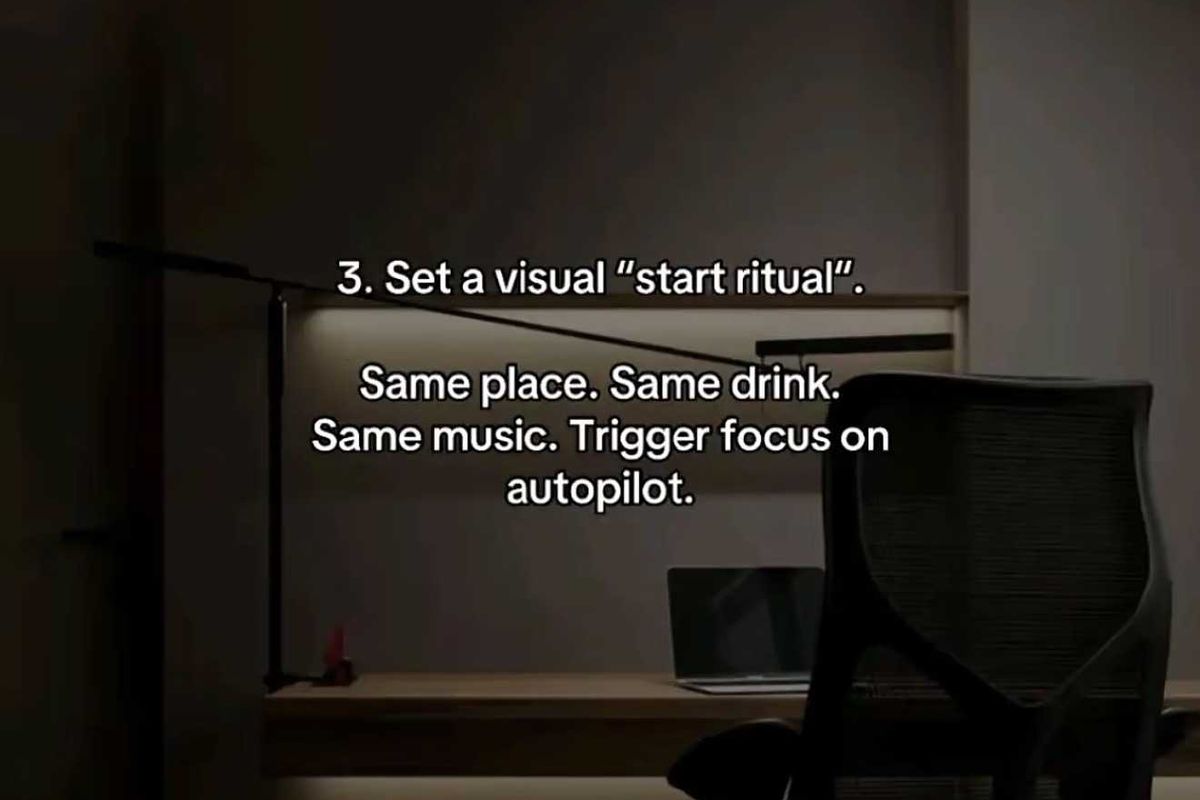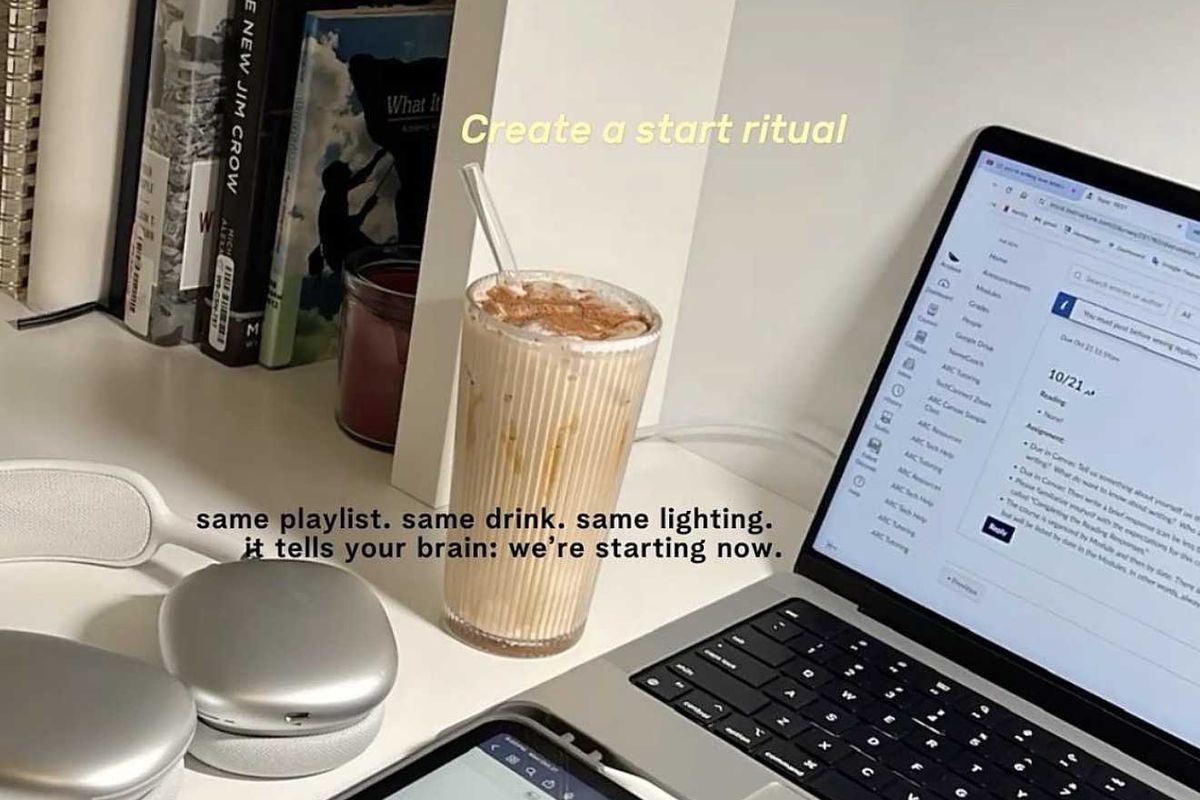100-year-old woman's speech against book bans in Florida school district goes viral
Grace Linn speaks for millions of Americans.

Grace Linn, 100, speaks at a Martin County School Board meeting on March 21, 2023.
Four hundred years ago, copies of William Tyndale’s English translation of the Bible were publicly burned by the bishop of London, with church authorities insisting that the Bible should only be read in Latin (and only by the clergy). In the centuries since, many books we now consider classics such as Daniel Defoe's "Robinson Crusoe," Jack London's "Call of the Wild," Walt Whitman’s "Leaves of Grass," Victor Hugo’s "Les Misérables, Charles Darwin’s "Origin of Species"—even Beatrix Potter's "The Tale of Peter Rabbit" and "Benjamin Bunny"—have been banned or censored in one way or another in various countries.
Battles over books are nothing new, but once in a while, they become particularly ugly or absurd, prompting people to speak out against book bans.
People like 100-year-old Florida resident, Grace Linn, whose speech at a Martin County School Board meeting has gone viral.
Author Jody Picoult, whose books have been in the crosshairs of the school district's book policy that saw 92 titles pulled from shelves for removal or review, shared the video to her TikTok channel where it's gotten a wave of supportive responses.
"I am Grace Linn. I am 100 years young," the centenarian began. "I'm here to protest our schools' district book-banning policy."
Linn explained that her husband, Robert Nickel, was killed in action in World War II at age 26.
"One of the freedoms that the Nazis crushed was the freedom to read the books they'd banned," she said. "They stopped the free press, banned and burned books." She went on to say that the right to read is an essential right guaranteed by the First Amendment, yet it is continually under attack "by both public and private groups who think they hold the truth."
Linn shared that she made a quilt last year, at age 99, in response to the book bans taking place around the country and in Martin County. Each quilt square shows a stack of books with titles of books that have been banned and targeted, including "Harry Potter," "A Wrinkle in Time," "Of Mice and Men," "Beloved" and more. The quilt's purpose, she said, was "to remind all of us that these few of so many more books that are banned and targeted need to be proudly displayed and protected—and read, if you choose to."
Linn said that burning books and banning books is done for the same reason: fear of knowledge.
"Fear is not freedom. Fear is not liberty. Fear is control. My husband died as a father of freedom. I am a mother of liberty."
Watch:
@jodipicoultbooks I am so inspired by everyone who spoke up against book bánning at the Martin County School Board meeting today, including Grace Linn. Grace is, in her words, “100 years young.” She spoke about witnessing the rise of fascism during WWII, about losing her husband to the war when he was 26, and about protecting our freedom to read. Thank you, Grace, for reminding us that this is a part of history we must not repeat.
People loved Linn's passionate defense of the freedom to read books, calling her an "inspiration," a "hero" and a "helluva woman" in the comments.
Naturally, different people have different opinions about what books are appropriate for different ages, what should be required vs. voluntary reading and what kids should be shielded from. That's the whole point. Librarians have long been trusted to curate generally age-appropriate material for children's libraries and parents have always had the final say in what they allow their children to read, but laws such as the one passed in Florida are attempting to exert more control over what books are available. Not helping matters is that the law is vague and there has been a great deal of confusion as to whether educators could face felony charges for having offending material in their classrooms. Especially when offending material includes anything considered "critical race theory," which could theoretically include any books that talk about racism in American history realistically.
Banning books requires setting subjective criteria for problematic material, and as we've seen with many of the book-banning policies, that criteria can easily stretch into ridiculousness. Who decides and by what measure are the questions that book bans leave on the table. Thank you, Grace Linn, for standing up for the freedom to decide for ourselves what we and our kids get to read.
- Best selling author Nora Roberts donates $50,000 to defunded public library in Michigan ›
- Comic shop owner offers free copies of banned graphic novel 'Maus,' causing massive sales ›
- LGBTQ book ban in South Carolina library thwarted after community stands up for acceptance ›
- Oklahoma revoked this teacher's license for standing up to book bans. She's not backing down. - Upworthy ›
- Mom shares how Idaho's public library law led to a baffling experience with her daughter - Upworthy ›
- People over 100 share their simple secrets to living the best life - Upworthy ›



 Student smiling in a classroom, working on a laptop.
Student smiling in a classroom, working on a laptop. Students focused and ready to learn in the classroom.
Students focused and ready to learn in the classroom.
 TikTok · Ankita Tejwani
TikTok · Ankita Tejwani  Another user shares their anti-start, or "start," ritual.
Another user shares their anti-start, or "start," ritual.  This user's start ritual sums it up: we're starting now. Photo
This user's start ritual sums it up: we're starting now. Photo  Woman lighting a candle with a match, surrounded by softly glowing candles.
Woman lighting a candle with a match, surrounded by softly glowing candles. Man stretching neck in living room, wearing a gray shirt, with eyes closed.
Man stretching neck in living room, wearing a gray shirt, with eyes closed. Writing down your thoughts and feelings by hand is a totally different experience.
Writing down your thoughts and feelings by hand is a totally different experience.

 Teens hanging out in a living room.via
Teens hanging out in a living room.via  Teenagers eating pizza.via
Teenagers eating pizza.via  Teenagers eating pizza.via
Teenagers eating pizza.via 
 Going to work or school sick. Photo by
Going to work or school sick. Photo by  Displaying an American flag. Photo by
Displaying an American flag. Photo by  Calling people on the phone unannounced. Photo by
Calling people on the phone unannounced. Photo by 
 Star jumps can help you move adrenaline out of your body.
Star jumps can help you move adrenaline out of your body.  There are ways to stop the shakes without exercise, too.
There are ways to stop the shakes without exercise, too.